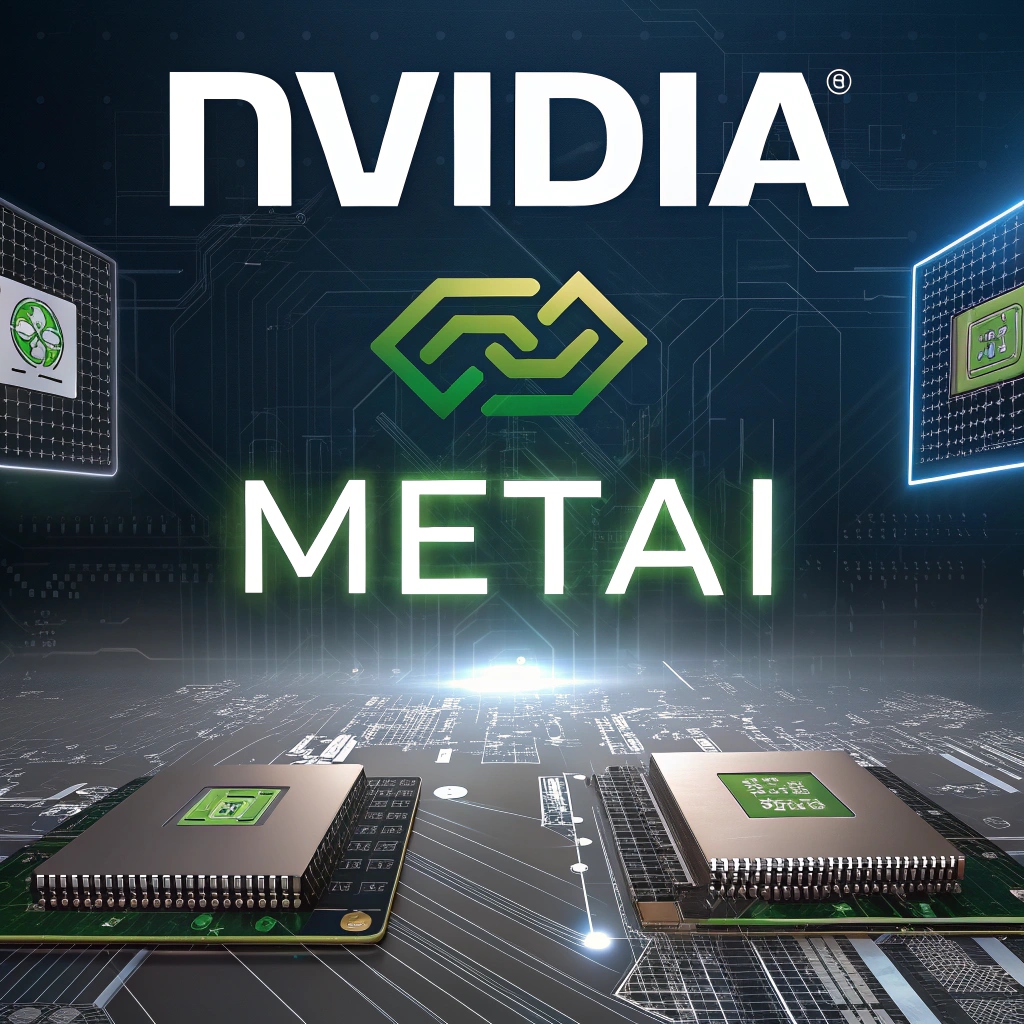Nvidia supports MetAI, a Taiwanese startup developing AI-powered digital twins.

Nvidia is intensifying its focus on robotics and industrial AI applications with innovations like its Omniverse platform and the recent launch of Mega, an Omniverse Blueprint framework for creating digital twins. These tools are aimed at advancing AI applications in physical systems. Nvidia is also investing in startups to bolster this effort.
One such startup is Taiwan’s MetAI, which has developed an AI model that swiftly converts CAD files into simulation-ready 3D digital twins, cutting development time to minutes. Nvidia is backing MetAI with a $4 million seed round, marking its first investment in a Taiwanese startup. Other participants include Kenmec Mechanical Engineering, Solomon Technology, SparkLabs Taiwan, Addin Ventures, and Upstream Ventures.
The emerging field of generative physical AI depends on realistic simulated environments to train robots and build operational AI. MetAI’s AI-powered digital twins play a pivotal role in enabling this, particularly for sectors like advanced semiconductor manufacturing, smart warehouses, and automation. The company also generates synthetic data within these environments to aid AI training.
MetAI’s CEO and co-founder, Daniel Yu, emphasized the company’s unique approach. Unlike competitors focusing on IoT or operational efficiencies, MetAI uses generative models and AI-driven layouts to create digital twins tailored for physical AI training and deployment. This method accelerates the development process and bridges the gap between simulation and reality.
The startup’s CTO, Renton Hsu, brings expertise in 3D engineering and AI. Hsu first explored digital twins to address data limitations in enterprise AI projects, later integrating 3D and AI to create synthetic solutions. Along with Yu and COO Dave Liu, MetAI emerged as a leader in the field, winning an Nvidia competition and earning Hsu recognition as a “Jetson AI ambassador.”
MetAI faces competition from established players like Siemens Digital Industries and Dassault Systemes, as well as synthetic data specialists such as Sky Engine and Scale AI. However, Yu asserts that MetAI’s dynamic, AI-enabled virtual environments set it apart, offering realistic simulations that operate like the real world and enable highly customized AI training.
Partnerships with Nvidia and Kenmec.
The two-year-old startup, MetAI, offers products ranging from vertical AI agents to digital twins. With a growing customer base, it has partnered with enterprises in manufacturing and automation industries, generating revenue through project-based income, product subscriptions, and licensing fees. This year, the company expects to earn $3 million from a single project, according to CEO Daniel Yu.
“MetAI’s integration with NVIDIA Omniverse marks a significant advancement for industrial digital twins and physical AI in simulations,” said Nico Caprez, corporate development manager at Nvidia. “Their scalable environments for AI training could set new industry standards in manufacturing and robotics.”
In 2023, MetAI worked with Kenmec to develop digital twins for automated warehouses, slashing simulation times from thousands of hours to just three minutes. This breakthrough significantly reduced operational and verification costs.
With its recent funding, MetAI plans to expand its R&D team to accelerate development and execute go-to-market strategies. The startup also aims to establish a U.S. office and relocate its headquarters in late 2025, Yu told TechCrunch.
“Taiwan acts as our testing ground, allowing us to integrate industry expertise into our scalable models,” COO Dave Liu said. “The U.S. market, with its high labor costs and demand for simulation-driven solutions, is our next focus. We’re offering both point and end-to-end solutions, including SaaS products and vertical AI agents for real-world deployment.”











